With Jean-François Pradeau, an ultra-Platonist football philosopher, and his book Dans Les Tribunes: Éloge Du Supporter [In the Stands: Honouring the Fans] (Paris, Les Belles Lettres, 2010), the extreme evolution of the aficionado reaches its zenith. Indeed, it verges on delirium in the preface, where he informs us that ‘the true object of philosophy is the football match’ (p. 9). The author presents his ‘thesis’ on the populist nature of football, ‘arguably the most popular of all sports, since it is by far the most played game on Earth’ (p. 12) and notes in particular that ‘the most widely shared thing in the world is football knowledge’ (p. 13). Pradeau wishes above all to celebrate the Stadium, which is ‘the true heart’ of the game, since football ‘facilitates a learned and erotic experience’ (p. 16). According to Pradeau, ‘the supporter comes to the stadium with a culture, a knowledge, and sets out to enjoy a truly spiritual experience, one that is at once virtuous and amorous’ (p. 16). Of course, fans are not always ‘uncultured brutes’ when they go to the stadium, but they become such once inside. Pradeau reveals himself to be a perennial fan of the stadium, its stands and its supporters. Pradeau wants to ‘tell us about the love that binds these supporters and which they have for the Stadium’ because with the supporters in the stadium it becomes a ‘love ritual.’ The love object is therefore not a person in the flesh, a singular body, but a mass structure (the stadium) filled with bodies packed into the stands. Pradeau emphasises his ‘own erotic experience’ (p. 18) of being a supporter: ‘The Stadium is love,’ ‘the stadium stands out first and foremost as an utterly original form of erotic communion [sic].’ Pradeau does not hide his joy at being surrounded by supporters and finding himself in the Stadium’s arms, like an ‘embrace’. However, the Platonist’s unabashed machismo and misogyny when denying the ‘ladies’ their place in the Stadium is noteworthy. They are ‘spectators who alter the physiological constitution and who, in spite of themselves, threaten the advent and cultic erection of the majestic Stadium’ (p. 22). The fan is the central figure in the stadium not because of their prominence (‘draped in the colours of their team’) but because they ‘share with their fellows an oral culture of considerable richness based on a tradition dating back more than a century, one which is fuelled by international events and brings generations together […]. The supporter is therefore rich in football culture […] enhanced by reading […]’ (p. 39). It is not clear what culture Pradeau is referring to, other than an admittedly in-depth ‘knowledge’ of their teams and songs. The ultra-Platonist goes further astray when he argues that ‘the supporter is a scholar, yes, a scholar, a lover of beauty […].’ The ultra- ‑Platonist reveals himself further still when he claims that ‘it is by listening to the stands that one understands how the chants and exclamations, which may seem violent, warlike or even homophobic, actually have a deeply moral meaning’ (p. 49). We should thank Pradeau for recognising the coarse, vulgar and violent nature of the supporters, including during pitched battles between opposing sets of fans. All this has to do with the equivocal behaviour of the fans, for ‘in the stands of football stadiums all over the world, the faithful embrace and caress one other [sic], they talk, they exchange knowledge, they shout, they sing songs, they berate their heroes, they hurl obscenities’ (p. 67). His words are again equivocal as he evokes ‘the love that players exchange and which manifests itself most suddenly in the carnal embrace to which they surrender at the moment the referee blows his whistle at the end of a victorious game’ (p. 76). And he goes even further when he sees all his men ‘embracing, most of all, hugging, caressing one other. Yes, hands on shoulders, hands on hips, candid hands on buttocks, slaps and pats, but above all those tender acts that are so surprising in the midst of violent struggle. […] Yes, kisses, kissing twirls, pile-ups: look how they clamber over one another after a goal!’ (p. 77). At the end of his book, Pradeau calls for us to ‘throw ourselves into one another’s arms and embrace each other, shouting the name of our hero, who will have already removed his shirt and run over to offer us his body, which we will love unreservedly’ (p. 91).
[...]
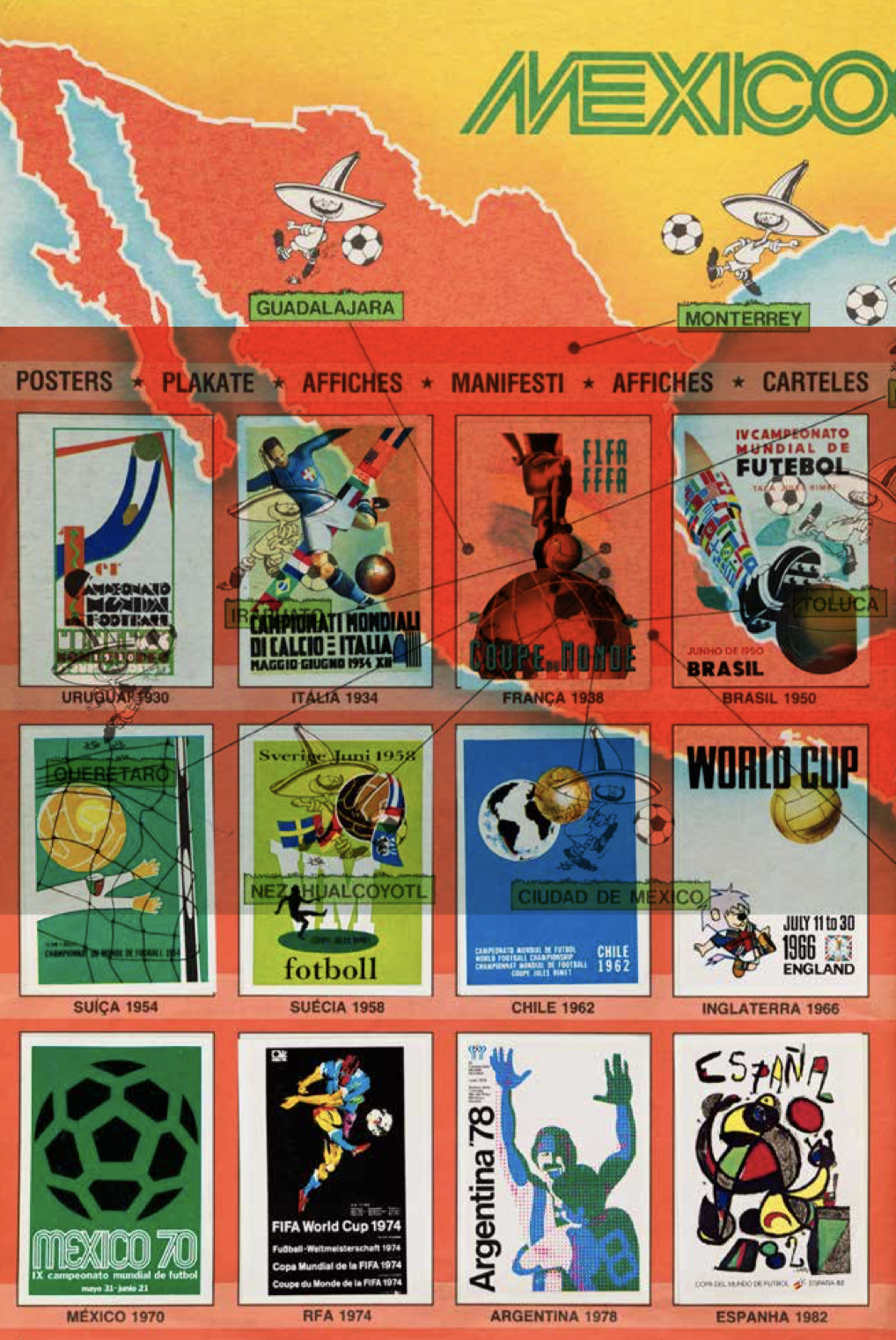
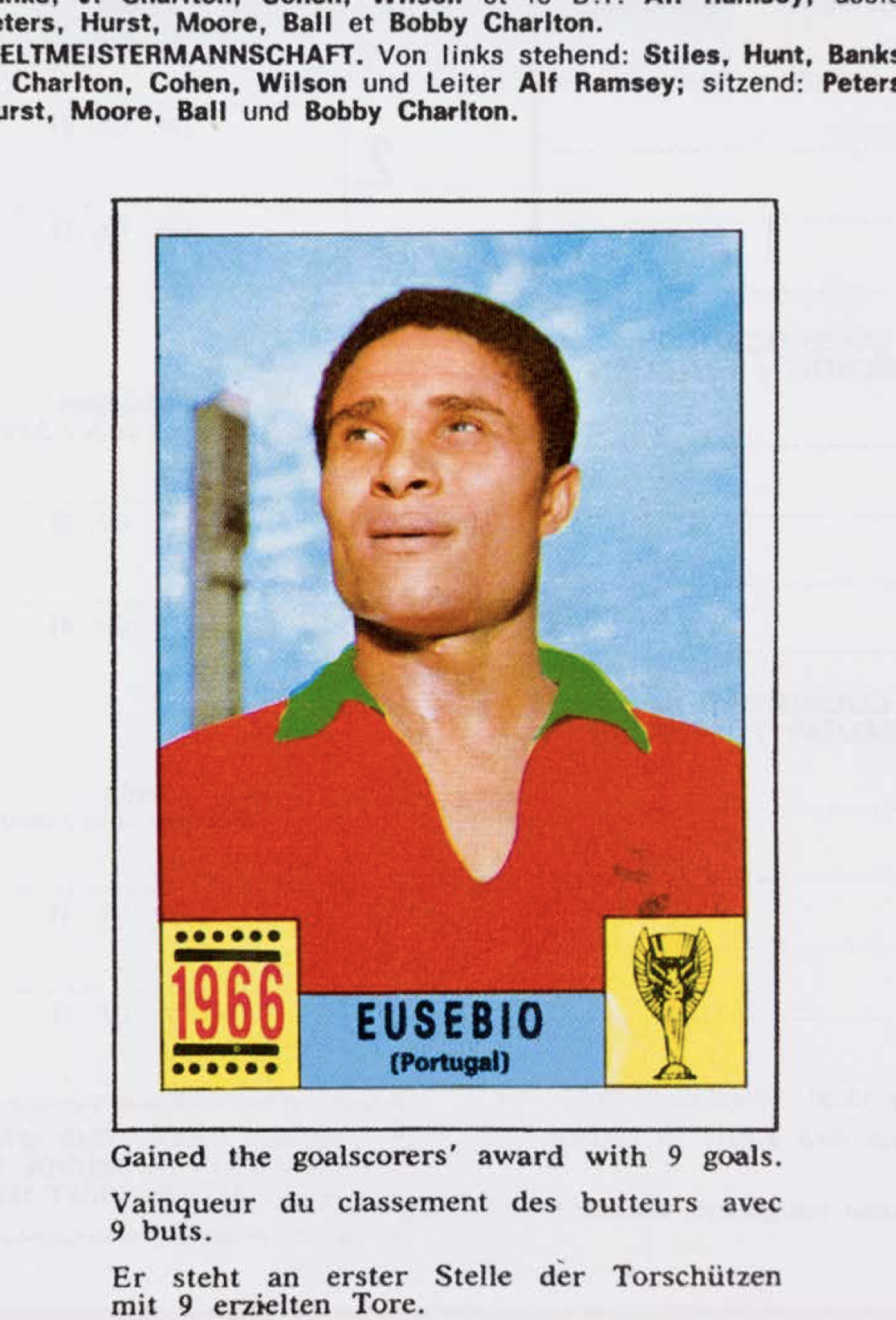
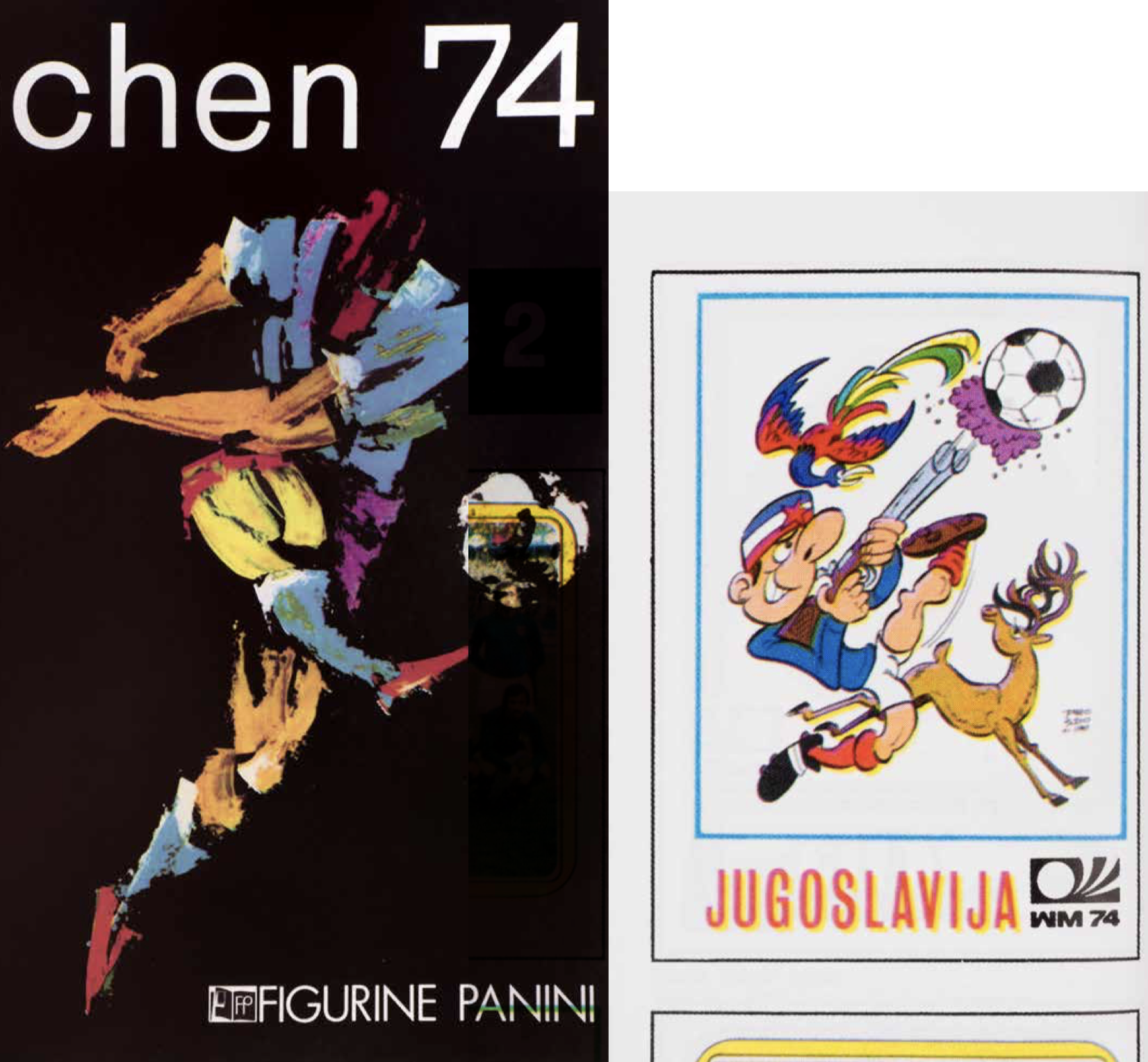
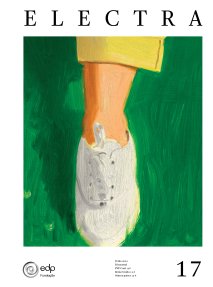
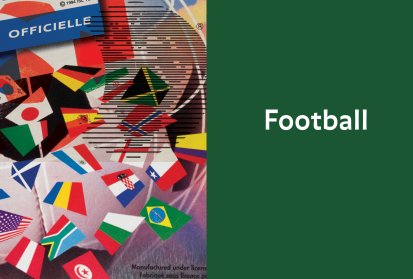
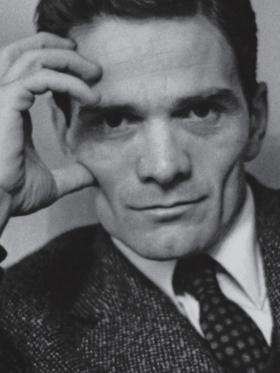
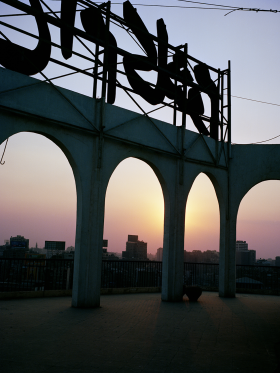
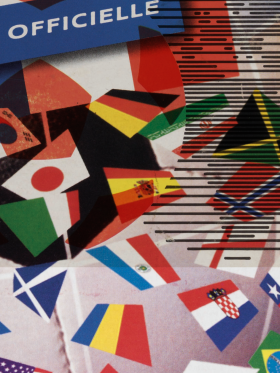
Share article